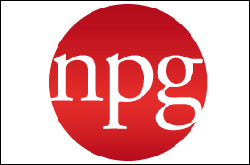The authors of a letter describing the synthesis of ketonitrones have retracted it, after new data showed that they incorrectly reported the product structures and the reaction mechanism.
We’re not sure what exactly went wrong with the original data in the letter, “Transition-Metal-Catalyzed Ring Expansion of Diazocarbonylated Cyclic N-Hydroxylamines: A New Approach to Cyclic Ketonitrones,” published in Organic Letters.
Here’s the reaction that the paper reported, from the abstract:
And here’s the very short note: Continue reading Authors retract chemistry letter after new data reveal problems in reaction, structure


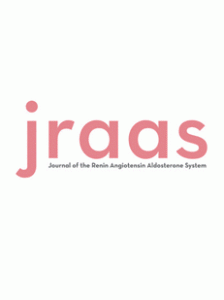
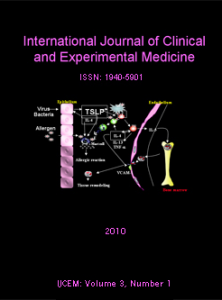
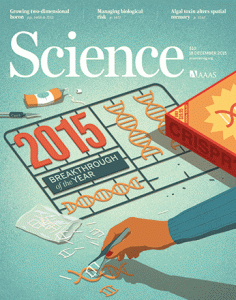
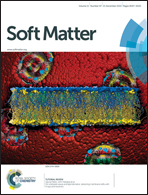 An author has been added to a biochemistry paper following an investigation by the University of Helsinki.
An author has been added to a biochemistry paper following an investigation by the University of Helsinki.

